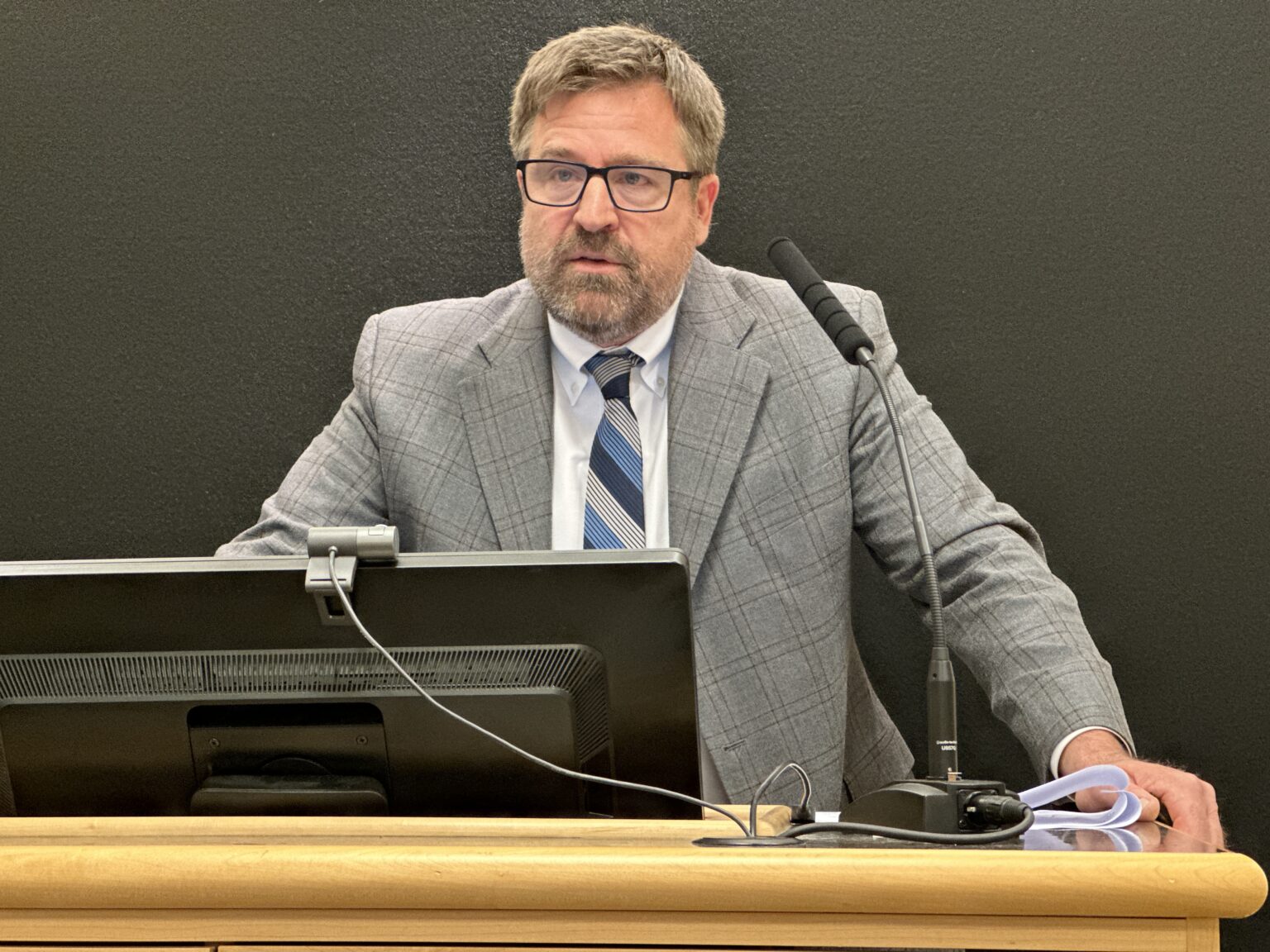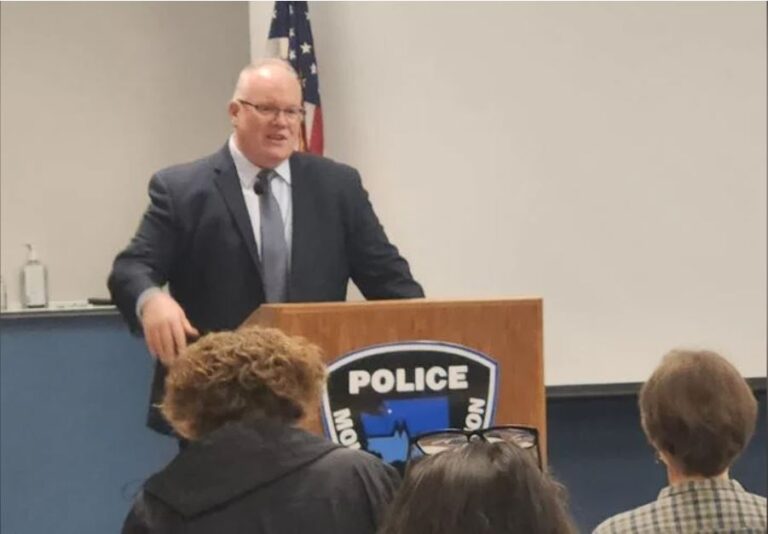Feedback about Skagit County’s approach to defining and enforcing code on agricultural tourism was divided and heated at a packed public post-adoption hearing on Monday, March 25.
The interim ordinance adopted in January temporarily prohibits all new permits for wedding and other event venues on agricultural land, while allowing existing businesses to continue to operate as the county determines a path forward.
“Protecting farmland is the center of who we are as a community, but, at the same time, we need to support the Skagit Valley’s tourism industry,” Commissioner Peter Browning said at the time.
The move was designed to prevent new businesses from establishing themselves before commissioners decide whether to adopt a strict ordinance that would make new event venues economically nonviable.
“If adopted in its form as proposed, it would have shut down all the existing venues,” Will Honea, the senior deputy attorney with Skagit County Prosecuting Attorney’s Office, said Monday. “To take this new code that the Ag Advisory Board was proposing and just adopt it, would mean that all of these businesses were unlawful.”
Instead, the board passed the interim ordinance.
“Now, we can have a calm and rational community conversation about creating some new limits on event businesses on farmland,” Honea said.
The current language in the Skagit County code allows for agricultural accessory use, including “activities associated with tourism, which promote local agriculture,” phrasing that Honea said is prohibitively vague when it comes to enforcing code.
How community members understand that language varies widely — from those who see it as the tourist must participate in farming activity — to others who argue that it simply means bringing tourists to see farmland and potentially spend money on farm products, Honea explained.
After the meeting, Honea made it clear that what was being reviewed was only how to work with existing event venues. Agricultural tourism businesses providing u-pick, small produce stands and other farm experiences were not part of the discussion — nor were the potential regulations for new venues.
“We need to change our code, clear it up and create some reasonable rules we can all agree on so we can enforce it,” Honea said.
Many of those at the hearing with agritourism businesses said they are grateful the commissioners are taking what they described as a measured approach.
“The existing Skagit County code on agricultural accessory uses has allowed for activities associated with tourism, which promote local agriculture — and this has been ambiguous in meaning,” said Jessie Anderson, who owns Maplehurst Farm with her husband, Jeffrey.
The Maplehurst Farm started hosting family-friendly gatherings and events about 12 years ago, Anderson said. The farm has invested time, money and labor into establishing this part of their business, with plans of adding more educational components soon.
“We see this as an opportunity to educate and advocate for farms and farmland preservation,” Anderson said.
Andy Mayer, president and CEO of the Mount Vernon Chamber of Commerce, also spoke in favor of the moratorium, saying that agritourism is helping small farmers get by and thrive.
“If earning a living and living is part of the equation, then there’s not really a whole lot of choices,” said Larry Jensen, who has spent almost his entire life in the Skagit agriculture industry – his father was a dairyman.
By removing small and medium farmers’ value-added opportunities, including using farm structures as wedding and event venues, there are only a couple of potential results, he said.
These include pushing small farmers out of the industry, essentially forcing them to sell to bigger farms that can operate on thinner margins or to wealthy people who would turn the land into estates with horses — essentially taking the land out of production.
“I think some people miss that part of it,” said Jenson, who has put nearly 700 acres in the county’s farmland preservation program. “But the point is, you have to save the farmer.”
Opponents to the interim ordinance said the move flew in the face of recommendations the Agricultural Advisory Board spent about two years developing, subsequently gaining approval by the planning commission.
Mikala Staples Hughes, an experienced professional in agribusiness, said the “moratorium strikes a severe blow to those of us who rely on farming to sustain our livelihoods.”
“With the county codifying non-compatible uses unrelated to agriculture, such as hosting wedding venue events on ag land, there arises a legitimate concern about how will it [the county] prevent other illegally operating businesses from expecting similar opportunities,” Hughes said.
Hughes advocated for the board taking a number of steps, including venues being accessory to a working farm, mandated annual compliance reviews and limiting the number of events to 24 or less per year.
“You built this moratorium in opposition to the Ag Advisory Board and the Planning Commission,” said Kara Rowe, with the Western Washington Agricultural Association in Mount Vernon. “Because of this moratorium, we fear much of the work regarding agritourism will now be conducted behind closed doors left to the county planning department and prosecutor’s office.”
The county, through an administrative interpretation, is requiring voluntary compliance for those venue operators who already have their businesses up and running. This includes self-reported, venue-related agritourism activity, Honea explained.
The county commissioners will have a working session on April 1, which the public may attend and observe. Final written comments on the proposed rule changes is end of day April 4.
Isaac Stone Simonelli is CDN’s enterprise/investigations reporter; reach him at isaacsimonelli@cascadiadaily.com; 360-922-3090 ext. 127.




